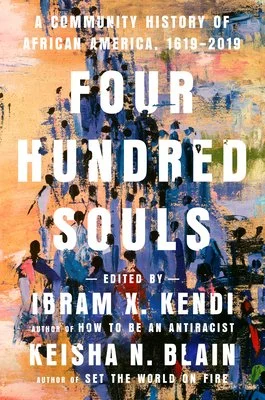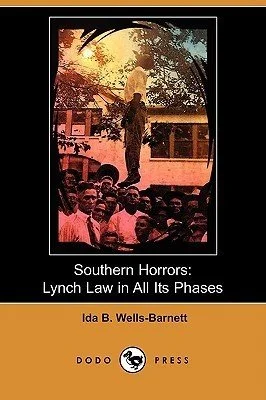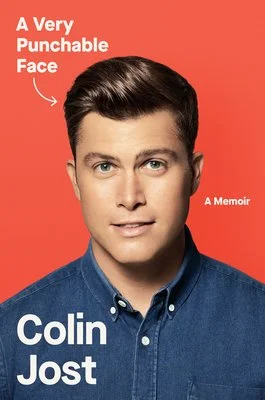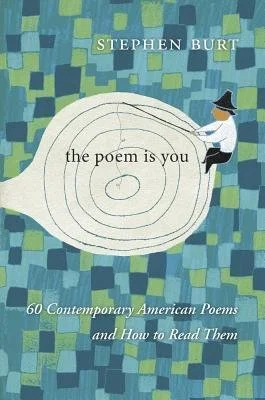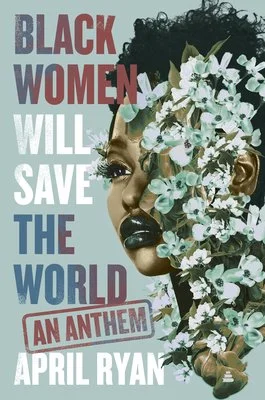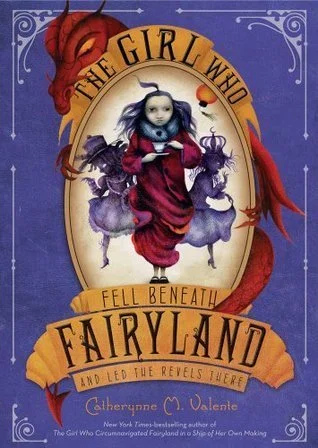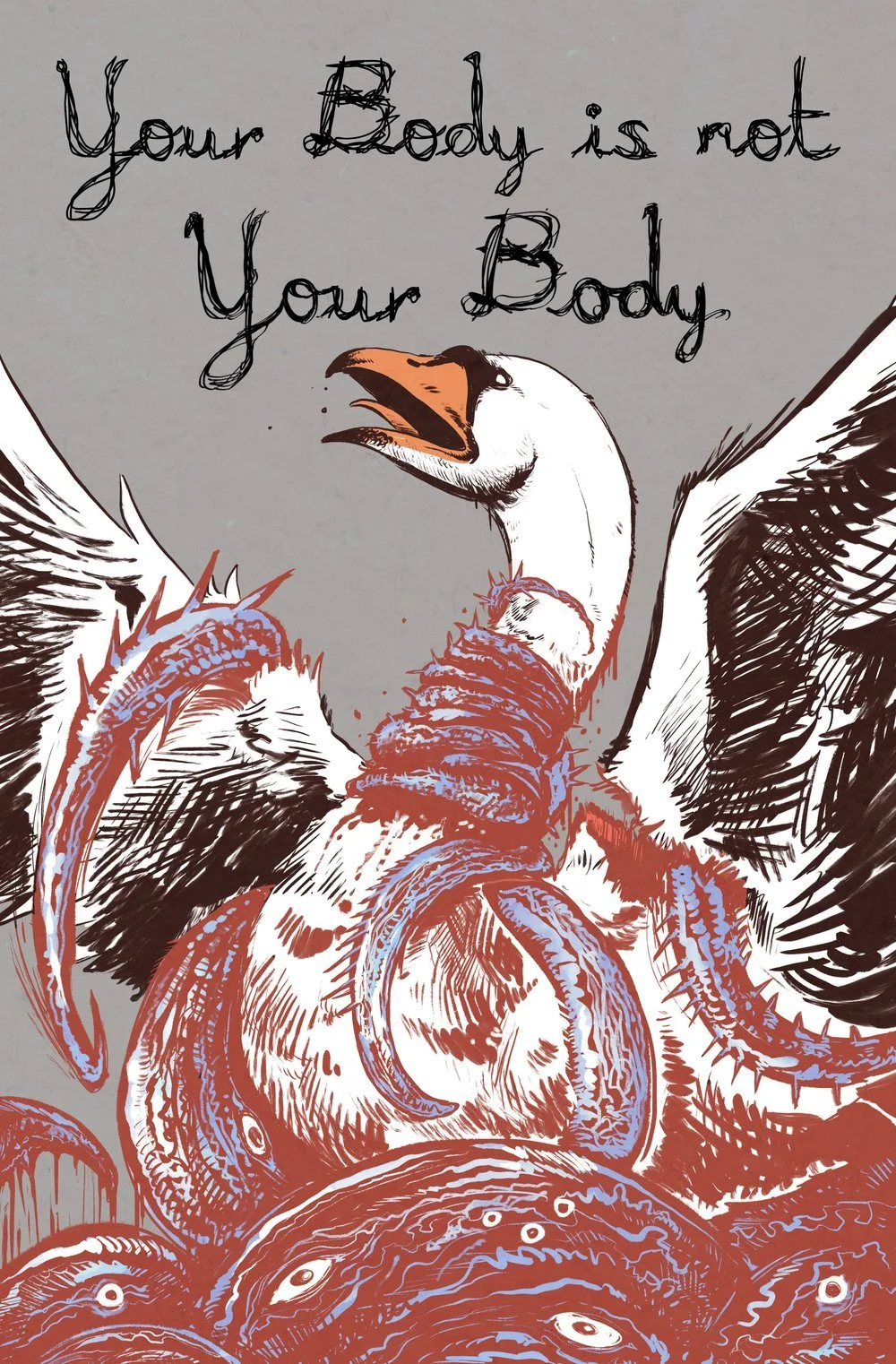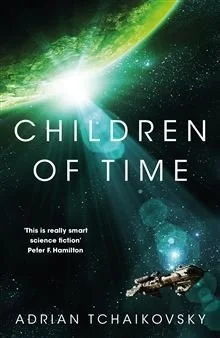Four Hundred Souls: A Community History of African America, 1619-2019
Edited by Ibram X. Kendi and Keisha N. Blain
Four Hundred Souls is essentially a history textbook, but it takes a different approach than most, both in its focus and its structure. The subtitle lays the focus out clearly, a history textbook of America focusing on the events, people, and places that brought Black Americans (and the nation as a whole) to our current moment, with an eye for the Black lives that were affected then and now. American history textbooks are quick to point to essential moments in the building of this country, from the “discovery” of the continent by Europeans, the development of colonies, the arrival of religious groups like the Puritans, the revolution, foundation, and civil war… These stories almost entirely omit the experience of enslaved and free people. This book, instead, centers them in the telling of America’s development. Its approach is interesting too. The book begins with the arrival of the first kidnapped Africans in 1619 and gives dozens of authors, poets, and storytellers each a five-year increment of this four-hundred years of Black history, and each is no longer than about five pages. Each essay or story is pretty economical and efficient, as a result, preventing the book (despite its many pages) from feeling stodgy.
This book will live…
At Home
I would recommend this one to just about anyone interested in these subjects, but this is a big book for a library focused on student choice. If students are interested, I’d bring this in, but similar material — like The 1619 Project and Stamped from the Beginning: The Definitive History of Racist Ideas in America — are also on my shelf, and they haven’t seen much attention; textbooks generally do not.
This is excellent addition to the canon of Black history, and feels like an essential reading for those interested in the subject. If you’ve read I appreciated the variety of approaches here. Poems and short stories explored the people and places of America’s development with creativity, heart, and verve. Some of the essays cover events that feel monumental in importance, while others are intimate explorations of a moment. A few focus almost entirely on the present and how key moments in our history are seemingly being repeated or being influenced still by the ripples of our past. It is, frequently, a somber reading, too. Not only are there stories of horror that are distinctly American, but there are uncomfortable reflections of events occurring today. These sometimes gave me pause and necessitated setting the book down, both to think about what I’ve read and also to ensure the weight of the material didn’t blend together.
Southern Horrors: Lynch Law in All Its Phases
Ida B. Wells-Barnett
Ida B. Wells-Barnett has come up a few times in my readings about Black history, but as I was reading Four Hundred Souls, I realized that what little I knew about her life was secondhand and that I had not read any of her essential work. I paused my reading of that textbook to read this brief 1892 report on the institution of lynching in the American South. Her reporting and writing is incisive stuff, and some of the systems she talks about here can seem a bit familiar to those attending closely to modern movements for Black freedom, power, and full personhood.
This book will live…
Digitally, on my Phone
The book is easy to find free only (or exceptionally cheap), and I encourage anyone that wants to read it to find it there. I read it on my phone. Not my favorite method of reading, but this was pretty short at less than fifty pages.
I was especially interested by how focused on rigorously collected data she was in her reporting. Today, we tend to think that this period of American history was somewhat obscure, as though it isn’t well documented. People doubt the reality of lynch culture as a social calling for whites and a terroristic tool used again Black communities because it is easy to believe that there isn’t much recorded history that details these things. But this view is just factually wrong. Any omission of lynching culture and “Lynch Law” (as the title identifies it) is the result of omission from our retelling and instruction on history. That I had never even heard of Ida B. Wells in school speaks pretty clearly to this omission. Despite how troubling the material is, I’m glad I to have read this.
Death in Her Hands
Ottessa Moshfegh
This novel is easily one of the stranger books I’ve read recently. It is kind of a murder mystery, but it is both more and less than that. The narrator of this novel is named Vesta Gul, a woman living out retirement with her dog on the property of an old summer camp. While out walking the nearby woods, she finds a note beneath a pile of stones. It reads: “Her name was Magda. Nobody will ever know who killed her. It wasn’t me. Here is her dead body.” Only there is no body. This is a heck of a premise, but the book doesn’t progress where we might expect.
This book will live…
In my library
I am not sure there are many students who will be interested in this novel, mostly because most teenagers want something exciting in their books. But for those who want to see someone unravel, there may be no better selection. I’ll hold on to it for that one person, should they come to my class.
Rather than being a straightforward mystery or thriller, the novel primarily explores the psychology of the Vesta. She sets out to solve the murder, but what follows is anything but a straight line to the questions of who killed Magda and who left the note. Instead, the novel explores the mind of Vesta and it. is. weird. Vesta is a woman of vivid imagination, but her grasp on what is real and what is not is slight. She tends toward paranoia, to extreme scepticism of others and extraordinary trust in her own assumptions, prejudices, and what may be lies. Because Vesta is a narrator that the you never really know if you can trust.
This is not a book you should read if you want a murder plot to be unraveled, with surprising reveals and the threat of danger around every corner. There were times when I struggled with it, because I kept expecting something exciting to happen. But when I focus on Vesta as a character and changed the question from “Who killed Magda” to “How unhinged is Vesta, really?” the book became more engaging to me. It should be noted that the writing is absolutely lovely and the audiobook is phenomenally performed! (I both read and listened to this one.)
A Very Punchable Face
Colin Jost
Colin Jost is a treasure on SNL’s Weekend Update. He looks like a newscaster who had everything handed to him and he knows it, and the persona he plays on TV is perfect. His book is absolutely as funny (if not more) than he is on SNL, but with all of the swear words you could possibly imagine and 1000% percent more physical injury and defecation. Seriously. It is startling how often Jost both injures and poops himself.
This book will Live…
Digitally, On my Phone
I don’t have a physical copy to put in my library, and even if I did, I would only hand this to a student if I intended to never work as a teacher ever again. I would be fired and then hunted.
Going into this, I definitely expected something funny, but the memoir is also very earnest and honest. It was written and published while he was engaged to his now wife, Scarlett Johansson, and I honestly can’t believe someone set to marry an Avenger would tell these stories to the world. If these are the kinds of stories he tells everyone, I shudder to think at what he holds back.
I listened to the audiobook and feel like this might be the best way to enjoy the book because of how rich Jost’s delivery is. He reads it himself, and he often makes himself laugh during the reading. It sounds like he is having a great time. The only downside to the audiobook is that the book apparently has many pictures, and every time one comes up, he reminds the listening audience that they cannot see the pictures because, like idiots, they purchased a book without printed pages. (He is honestly far more kind than this, but that is the just.) It almost makes you want to buy the book, but then you realize that giving in to that kind of pressure is how evil wins.
The book is not for delicate earns, but I enjoyed it immensely.
The Strange Case of the Alchemist’s Daughter
Theodora Goss
I found this book when looking for an audiobook for a road trip with my wife. The premise is fantastic: the daughters of notable scientists from 19th century science fiction horror novels solve the Jack the Ripper killings with Sherlock Holmes. Characters from Wells’s The Island of Dr. Moreau, Mary Shelley’s Frankenstein, Nathaniel Hawthorne’s “Rapaccini’s Daughter” (actually a short story), and Robert Louis Stevenson’s The Strange Case of Dr. Jekyll and Mr. Hyde all star in this trilogy, of which this novel is the first. All of these women are excellent characters whose relationship with their literary history and each other is well-developed.
This Book Will Live…
In my library
I loved this book in audio and I’m hopeful students will enjoy it as well. It has a strong mystery with great, strong female leads and some fun references to popular literary figures. Even if students have not read the works from which these characters are sourced, they will till enjoy this book.
The audiobook is expertly performed, and I’m getting to enjoy it again. As my daughters have gotten older, they’ve started to really enjoy listening to books on their own and this has provided the opportunity for us to listen to books together when we travel. Previously, we have listened to all of the novels by The Martian author Andy Weir (Their favorite is — without doubt — Project Hail Mary.) With the Weir novels completed, we started this over the summer and listened to chunks whenever we traveled to California to visit family. The girls loved it and I enjoyed listening to it again. We’ve since started the sequel.
While this novel is the first of a trilogy, the book does not end on a cliffhanger. There is a narrative arc for this book that is satisfying in isolation, but the larger mystery that unfolds over the trilogy is also strong and worth checking out.
Books in Progress
I’ve really gotten into books placed elsewhere in the world lately, and Between the Assassinations is the second or third this year that is situated in or around India. The novel is so far an exploration of character and place, without a straightforward conflict driving a plot. Instead, each chapter focuses on a different character so far, and they come from all over. There is a business owner who is tired of being extorted for money, multiple young men who want to stand out and be taken seriously, an educator whose violence is wielded against his students seemingly to make up for the violence he can’t enact on the society he sees is failing, and more. These characters are so well-realized and each helps to develop the imaged city of Kittur. It is a place of massive wealth disparity, rigid castes, religious conflicts, and people who just want their lives to get better. Even when I find a character somewhat despicable, their perspectives are compelling. I’m really enjoying it.
I started The Poem Is You a while ago (July of 2021!) and am still not all that far into it. It is a collection of 60 poems that each have an essay exploring how to get into them. The poems are almost entirely ones I’ve not read before, and Stephenie Burt is a fantastic guide through poetry — I previously read and really enjoyed her 2019 book Don’t Read Poetry. (Quick note: the author of this book is listed as “Stephen Burt.” Stephanie Burt is a trans author and previously published under this name before coming out as a woman.) Some of the poems in this collection are not ones that I would typically enjoy and, even here, I struggle to enjoy them, but her essays explore interesting avenues for opening them up. A couple essays have been a bit stodgy or dense with references that I honestly didn’t get, but most are quite approachable and I look forward to using some in AP Lit.
I honestly keep forgetting about this book. I almost always have a digital novel that I can read if ever I forget to bring a physical book with me and I can’t listen to an audiobook. (It is good to have options.) But I’ve been so good about keeping one of my physical books with me that I haven’t been back to this one in a while. I picked it up from a sale back in January and made a fair bit of progress into it. Ryan’s writing is effective and propellant. It is hard to read it and not be simultaneously disappointed by our past while also hopeful about our future. I’ll try to make more progress in it.
This a sequel to Valente’s book The Girl Who Circumnavigated Fairyland in a Ship of Her Own Making, and it is wild, just as its predecessor was. Valente writes with a style that feels literary with a serious helping of Lewis Carroll oddities, but still intended for a young audience. The world she is creating with these novels is wild, a Wonderland that even Alice would be surprised by. It is vast with a rich history and its own cultural traditions. I read the first book to my daughters as a bedtime book, a serious challenge given the size of the cast and my attempt to create unique voices for them. We started this one well before the summer, but have recently moved the girls into their own rooms. I’m not entirely sure how easily we’ll progress through it.
This is another book I tend to forget about. It was a fundraiser for Texas LGBTQ+ organization Equality Texas and collects a bunch of new body-horror short stories together. These stories can be pretty gross and unsettling and fantastic. Often very short, the stories within are quick and intense, all exploring the body as a space that can feel foreign and familiar simultaneously. I like what I’ve read, but I keep putting this one down to focus on novels. Maybe I haven’t been in the right space for short fiction? I’m not sure. I’ll definitely get back to it.
Another book I’m listening to with my daughters. While the Goss novel I mentioned before is the book the whole family is reading, this is the one I’m going through when I’m in the car with the girls while mom is away. In the past, that has been pretty common, as I’m the one usually taking them to school in the mornings. With my oldest, Elena, going into middle school, I’m not sure how that will change. I really enjoy Children of Time, though. I’ve read it before. This is a hard science fiction story of the far future, when humans are struggling to come back from collapse and also a planet of insects is developing into culture, community, and more. Not for those with a fear of spiders! It is on my shelf and I recommend it highly.
I did a fair amount of reading over the summer, but not as much as I would have preferred. I am making good progress on my Goodreads Reading Challenge of 36 books, though.
If you have an interest, feel free to visit my Goodreads profile. While I hope to make more posts like this in the future, it is entirely possible I’ll neglect it when my life becomes a pile of essays to grade.

